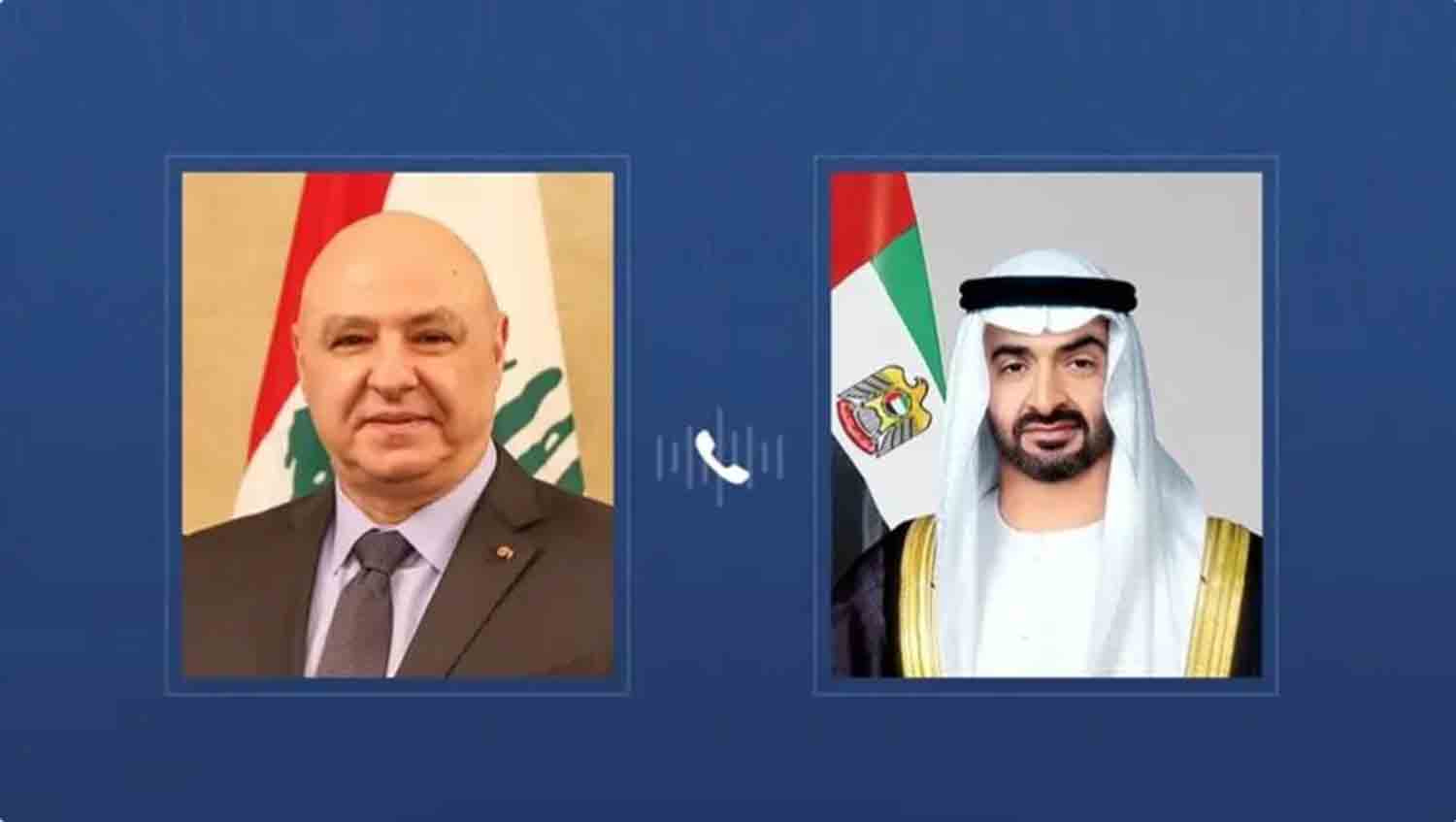Iran is scheduled to engage in nuclear discussions with France, Britain, and Germany on Monday, just one week prior to the inauguration of US President-elect Donald Trump.
This meeting marks the second round of discussions regarding Iran’s nuclear program within a two-month period, following a private gathering in Geneva, Switzerland, in November involving Tehran and the three European nations, collectively referred to as the E3.
The German foreign ministry clarified to AFP that these discussions do not constitute negotiations. Similarly, Iran has stated that the meetings are simply “consultations.”
According to the French foreign ministry, this meeting indicates that the E3 nations are committed to pursuing a diplomatic resolution to the challenges posed by Iran’s nuclear program, which remains highly problematic.
The upcoming meeting is particularly significant as Iran’s nuclear activities have gained renewed attention with Trump’s impending return to the presidency on January 20.
During his previous term, Trump adopted a “maximum pressure” strategy, withdrawing the US from a significant nuclear agreement that had placed restrictions on Iran’s nuclear activities in exchange for sanctions relief.
Tehran complied with the agreement until the US withdrawal, after which it began to reduce its commitments.
Attempts to restore the 2015 nuclear deal have stalled, and European officials have voiced ongoing frustrations regarding Iran’s non-compliance.
“breaking point”
French President Emmanuel Macron recently warned that the acceleration of Iran’s nuclear program is bringing the situation “very close to the breaking point.” Iran responded by denouncing these remarks as “baseless” and “deceitful.”
In December, Britain, Germany, and France accused Tehran of significantly increasing its stockpile of highly enriched uranium to “unprecedented levels” without any legitimate civilian rationale.
They reiterated their commitment to employing all diplomatic measures to prevent Iran from developing a nuclear weapon, including the potential use of snapback mechanisms if necessary.
The snapback mechanism, established under the 2015 Joint Comprehensive Plan of Action (JCPOA), enables signatories to reinstate United Nations sanctions on Iran if there is “significant non-performance” of commitments.
This option to activate the mechanism will expire in October, heightening the urgency of current diplomatic initiatives.
According to the International Atomic Energy Agency (IAEA), Iran has ramped up its production of enriched uranium, making it the only non-nuclear weapons state to achieve uranium enrichment levels of 60 percent.
This enrichment level is approaching the 90 percent threshold necessary for the development of an atomic bomb.
Iran asserts that its nuclear program is intended solely for peaceful purposes and denies any plans to create nuclear weapons.
The country has also shown a consistent willingness to restore the agreement.
President Masoud Pezeshkian, who assumed office in July, has advocated for the revival of the JCPOA and has called for an end to Iran’s isolation.
In a recent interview with China’s CCTV, Foreign Minister Abbas Araghchi reiterated the desire for “constructive negotiations.”
He stated, “The formula we support is consistent with the previous JCPOA framework, which involves building trust regarding Iran’s nuclear program in exchange for the lifting of sanctions.”
Discover more from Defence Talks | Defense News Hub, Military Updates, Security Insights
Subscribe to get the latest posts sent to your email.





